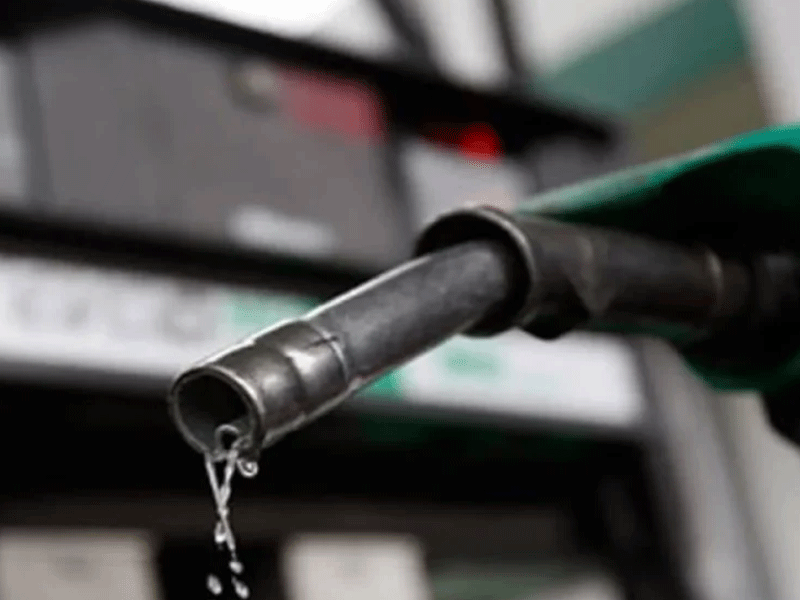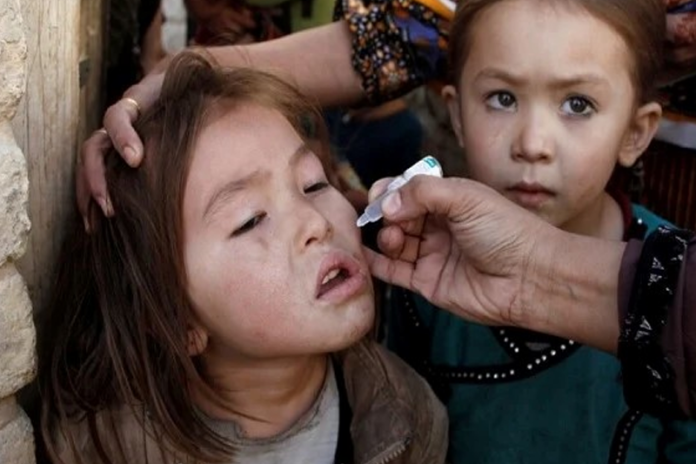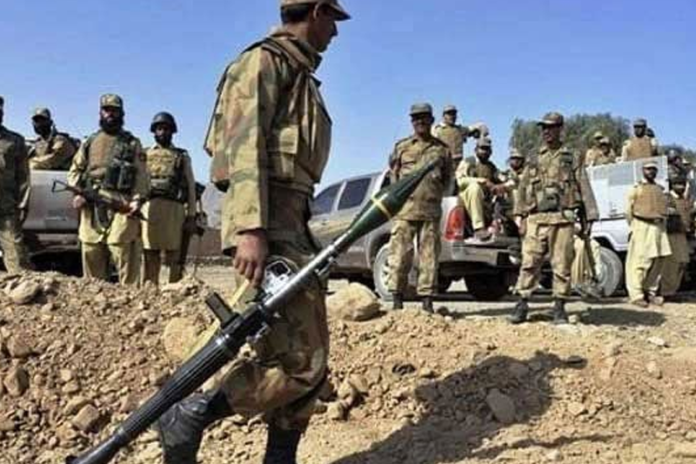Reduction in petrol prices

- 230
- 0
The caretaker government has reduced the price of petrol by 14 rupees per liter, high speed diesel by 13 and a half, light diesel by 11 rupees 29 paise and kerosene oil by 10 rupees 14 paise. 191.02 rupees per liter will be available. This situation has arisen from the almost five percent decrease in petroleum prices at the global level during the last 15 days, while the rupee has also gained some stability against the dollar.
The trend has been visible since the month of September when there were speculations of its rising price touching Rs 350 per liter but in the global context the government has shown flexibility and since then its prices have averaged Rs 64. per liter, due to which, although the government has put ointment on the wounds of the common man, who are grinding under the mill of severe inflation, but its effects are seen only in petroleum products, the prices of daily necessities such as and there is no flexibility in the transport fares. On the other hand, the inflation rate has increased to 43.16% due to the increase in the prices of 19 essential items in the last week alone.
Meanwhile, the prices of eggs and vegetables have increased the most. And the retailer does not seem to be asking anyone, on the monthly purchase of household ration, in addition to the additional cost of goods from the consumers' pockets, about Rs. The encouraging effects will be established only when the inflation is also less than the same ratio. Financial gurus say that in the coming days, due to the reduction in petroleum prices, there is a possibility of a clear reduction in the consumption of food items. In the last 3 months, the caretaker government has reduced petrol by Rs. 62 and diesel by Rs. 55.17.
It has reduced the burden of inflation from the shoulders of the people. In the coming days, there is a possibility of a clear reduction in the consumption of food items due to the reduction in petroleum prices. In the last 3 months, the caretaker government has reduced the price of petrol by Rs. 62 and diesel by Rs. 55.17. In September, petrol was Rs. 331. 38 paise and the price of diesel was Rs 329 18 paise and on December 16, petrol was Rs 267 34 paise and diesel was Rs 276 21 paise. However, nothing can be said for sure. Inflation in the country has been increasing gradually for the past several decades, but in 2023, all records were broken. Inflation reigned in urban areas and villages and its rate reached the highest level in the country's history with 29.2 percent. The kitchen budget only broke the back of the poor people. The prices of flour, rice, ghee, oil, pulses, sugar, beverages, spices and other essential items increased sharply.
According to the data of the Federal Bureau of Statistics, the inflation rate was 27.3 percent in 2022, which is likely to be around 30 percent in this month (December). Thus, the year 2023 has been the most expensive year. In November, gas prices increased by 520%, electricity by 34.95%, textbooks by 94.7%, stationery by 45.9%, soap, surf matches by 43.9%, communication equipment by 39.9%, home appliances by 36% and medicines by 34.6%. Among the food items that saw the highest increase in prices in urban areas are spices 67.6%, wheat flour 63.5%, rice 58.3%, tea 52.4%, jaggery 50%, sugar 49.9% and beverages 46.5%. In the economic report released by the Ministry of Finance a few days ago, it is claimed that the inflation rate will decrease in the coming months, but the ground reality does not match it.
The caretaker government has met another IMF condition by raising gas prices for domestic, commercial and industrial consumers. After the new increase, consumers are face an eight-hour announced load shedding of gas and will pay the same rate as people using wood or other energy sources, according to the IMF's strategy. It is common in many countries and the majority of them are states that are deprived of its production or unable to meet the desired target and are indebted to others. Despite this there is stability in prices. Pakistan is rich in oil and gas, but serious efforts should be made to find them.
There is a need for the federal and provincial caretaker governments to pay attention to all issues of inflation and price-hike and from keeping the hoarders and smuggling under control to improving the market situation. And also remove rust from government machinery. In recent month, the Govt has been making tall claims to have tightened the noose around the hoarders, the smugglers and profiteers, but such claims do no hold water as we have been confronted with same old cycle of price hike and the rise in wheat prices is a case in point.
The increase in the price of wheat in the open market by Rs. 600 per 40 kg last month is not a situation that should be delayed in taking immediate notice and taking necessary measures. If there are 75 lakh tonnes of wheat reserves in the country and the price of wheat in the open market has increased from 43 hundred rupees per 40 kg to 4900 rupees per 40 kg on November 6, some questions must come to mind which need answers from those at the helm of affairs. Wheat is the staple food of the people of our region, whose inflation or scarcity makes the stoves of the poor go cold. If flour is expensive, it affects politics, the country's economy is affected. The price of wheat is an indicator of the economic performance of the government, which is understood by everyone. If the country is agricultural and the crops are also bumper, the faces of the poor will light up that they will easily get flour, rice and other commodities at cheap prices.
But when there is an increase of 600 rupees on forty kg of wheat, it means that one kilo of wheat has become expensive by 15 rupees. After inclusion of milling wages and profits of flour mills, the amount of flour that will come into the market can be easily estimated. While we also have complaints about smuggling and hoarding, do these complaints not indicate any flaw in the performance of the federal and provincial machinery?
Published in The Daily National Courier, December, 19 2023
Like Business on Facebook, follow @DailyNCourier on Twitter to stay informed and join in the conversation.

















































